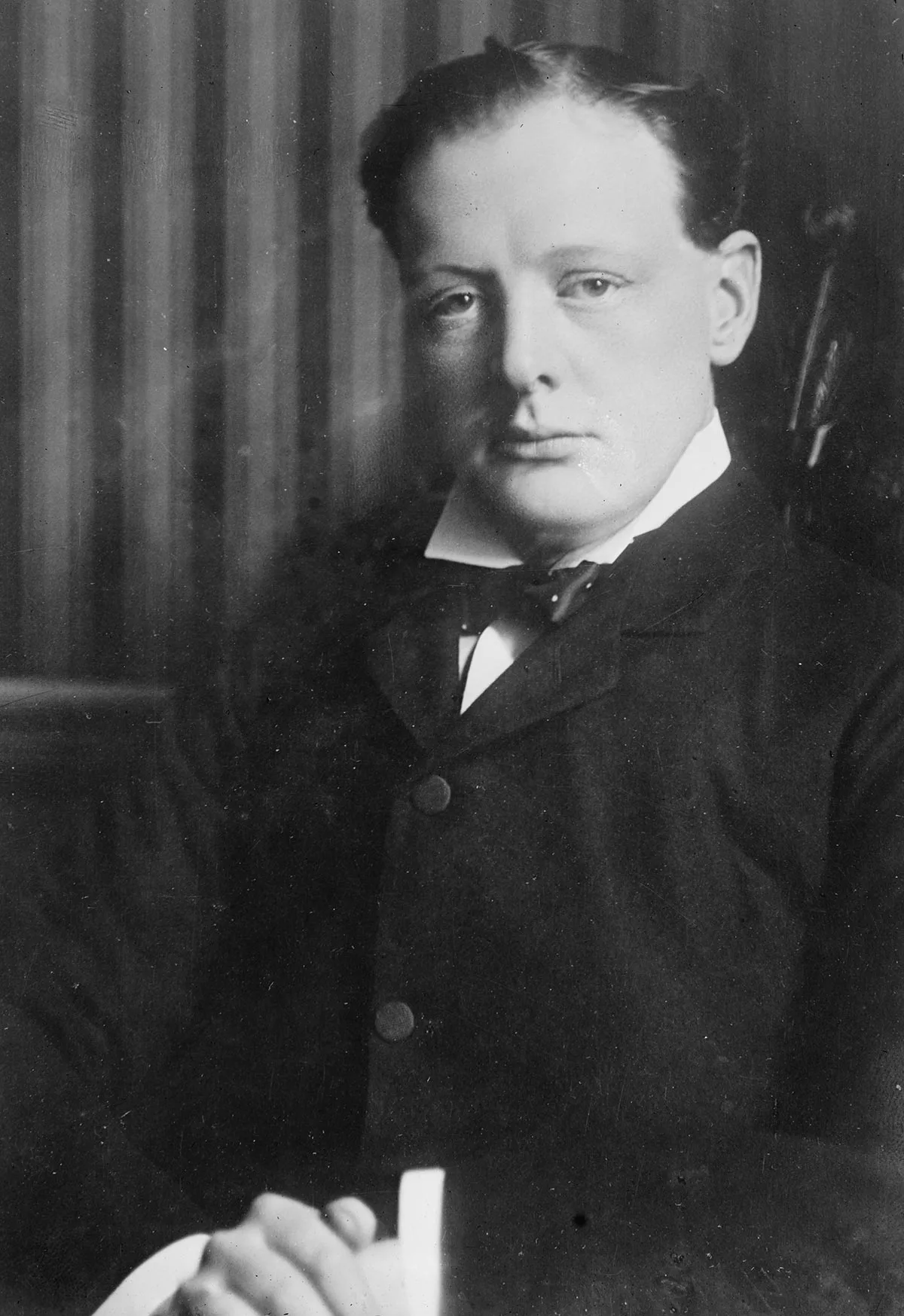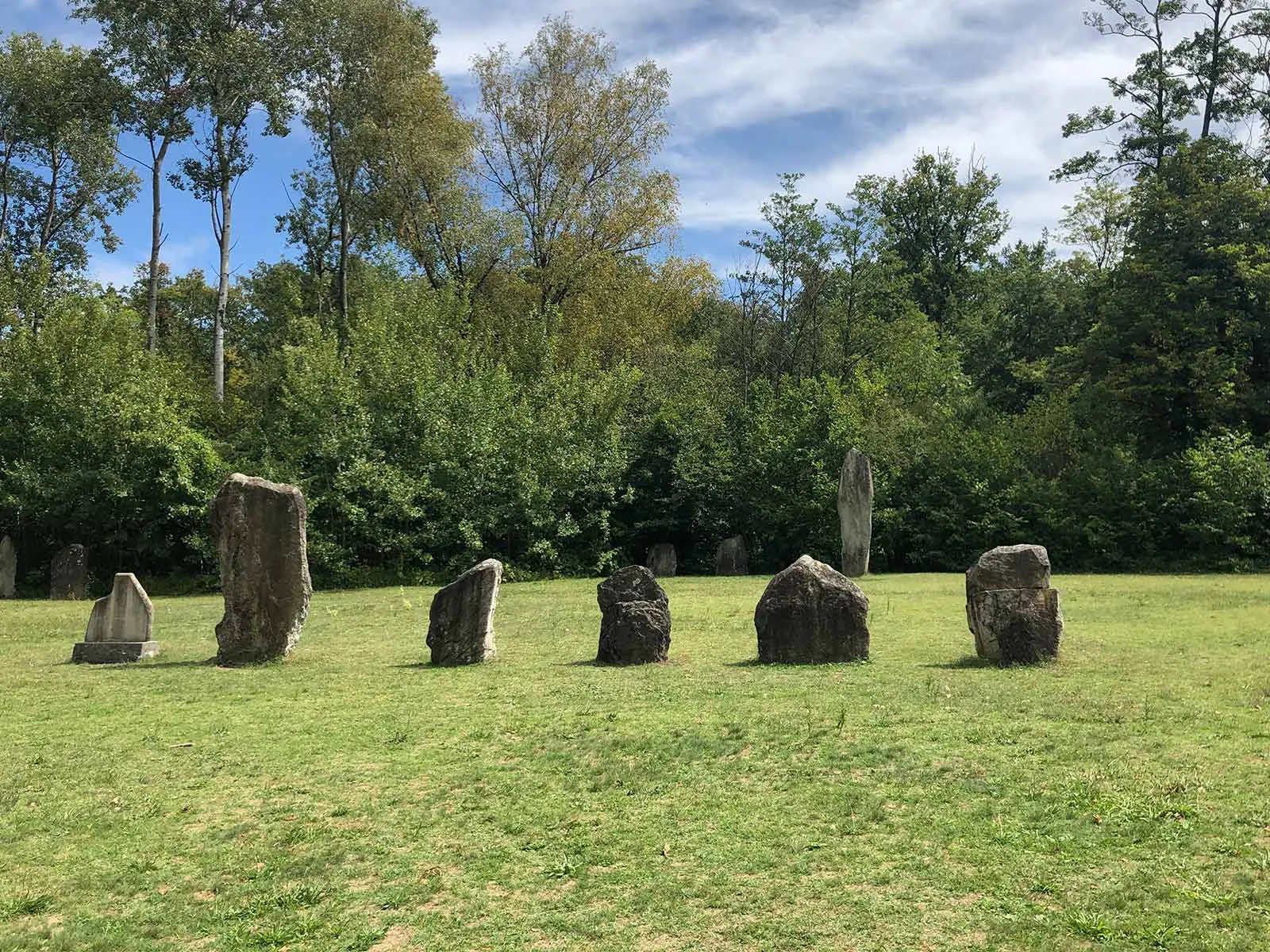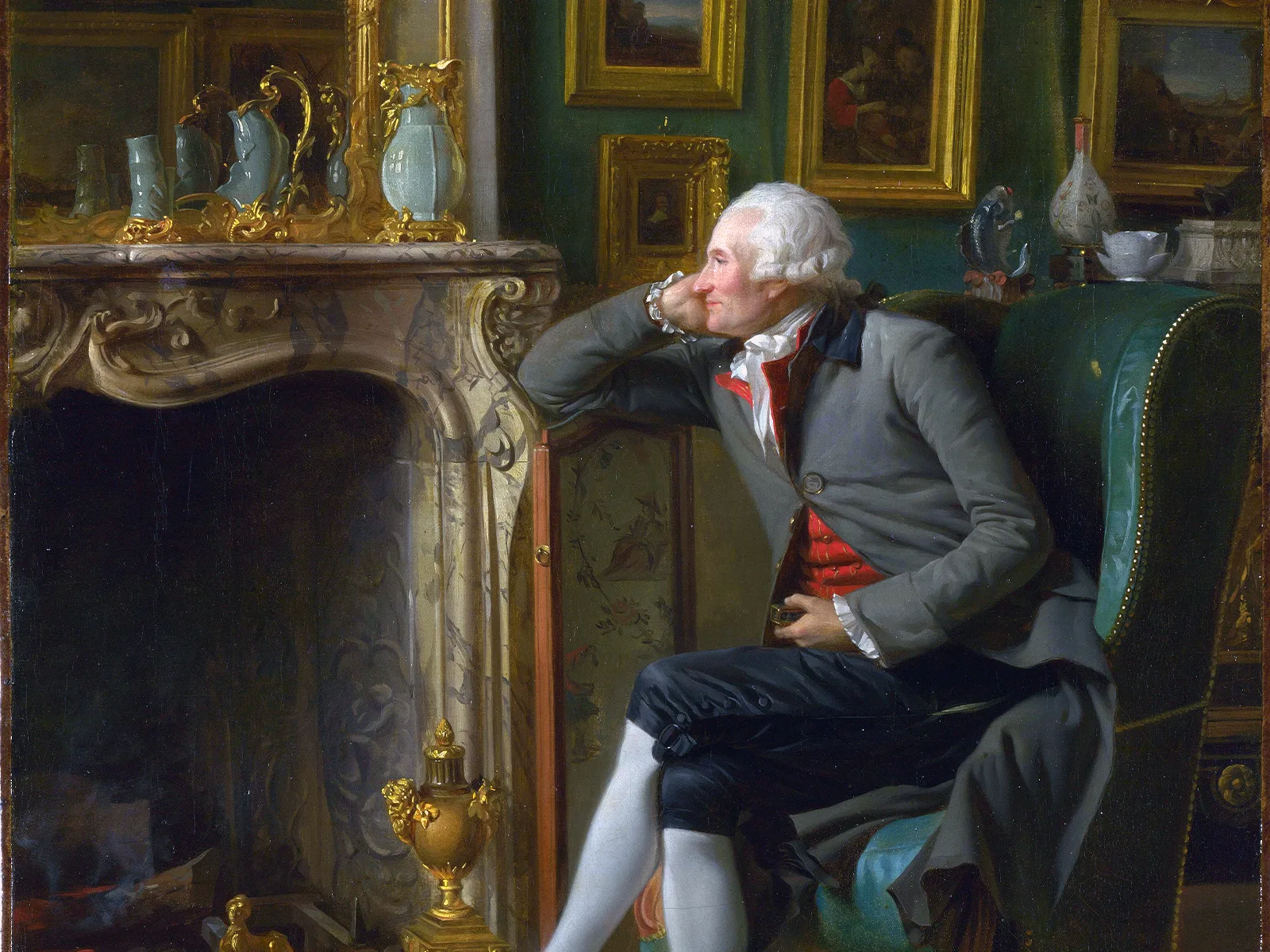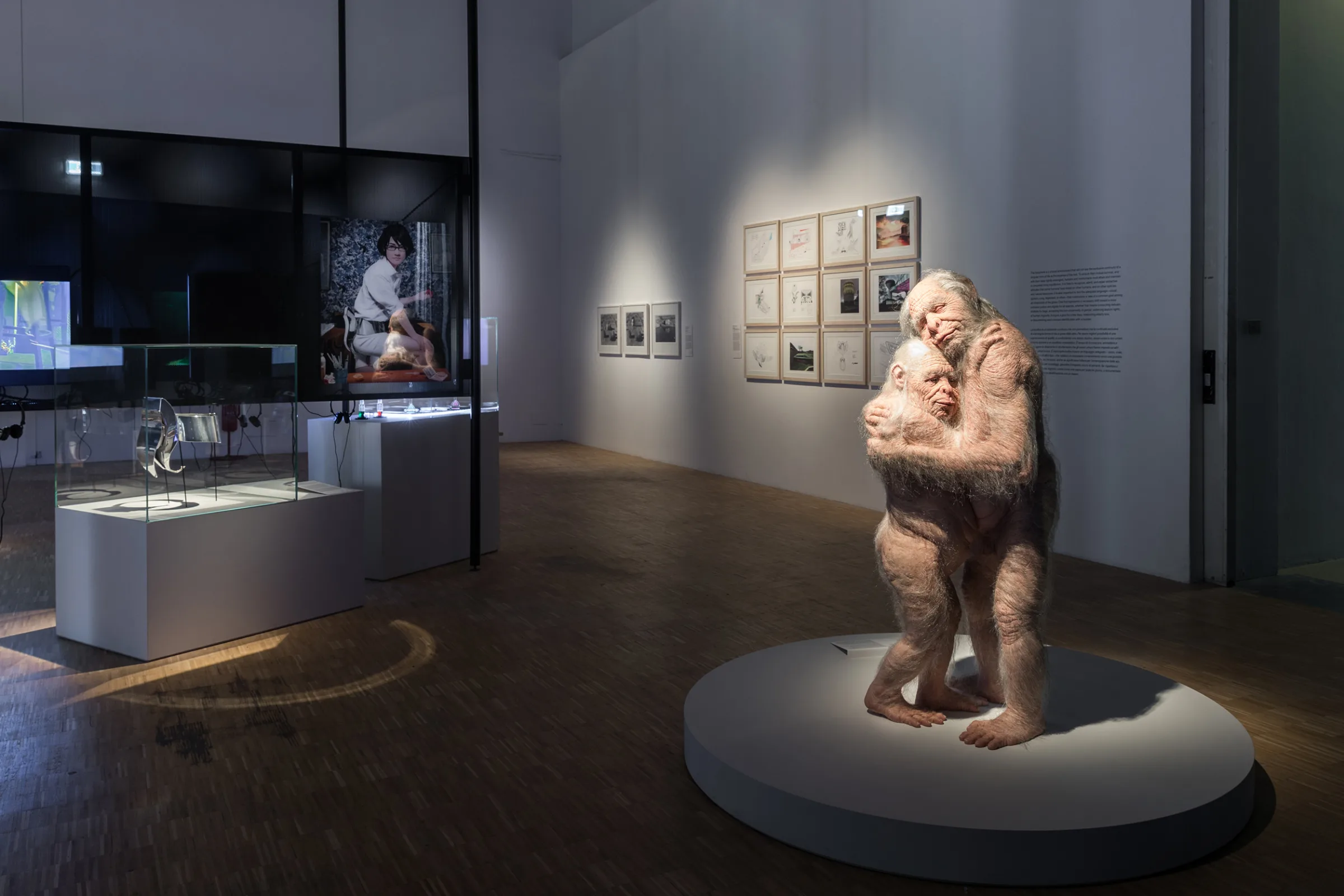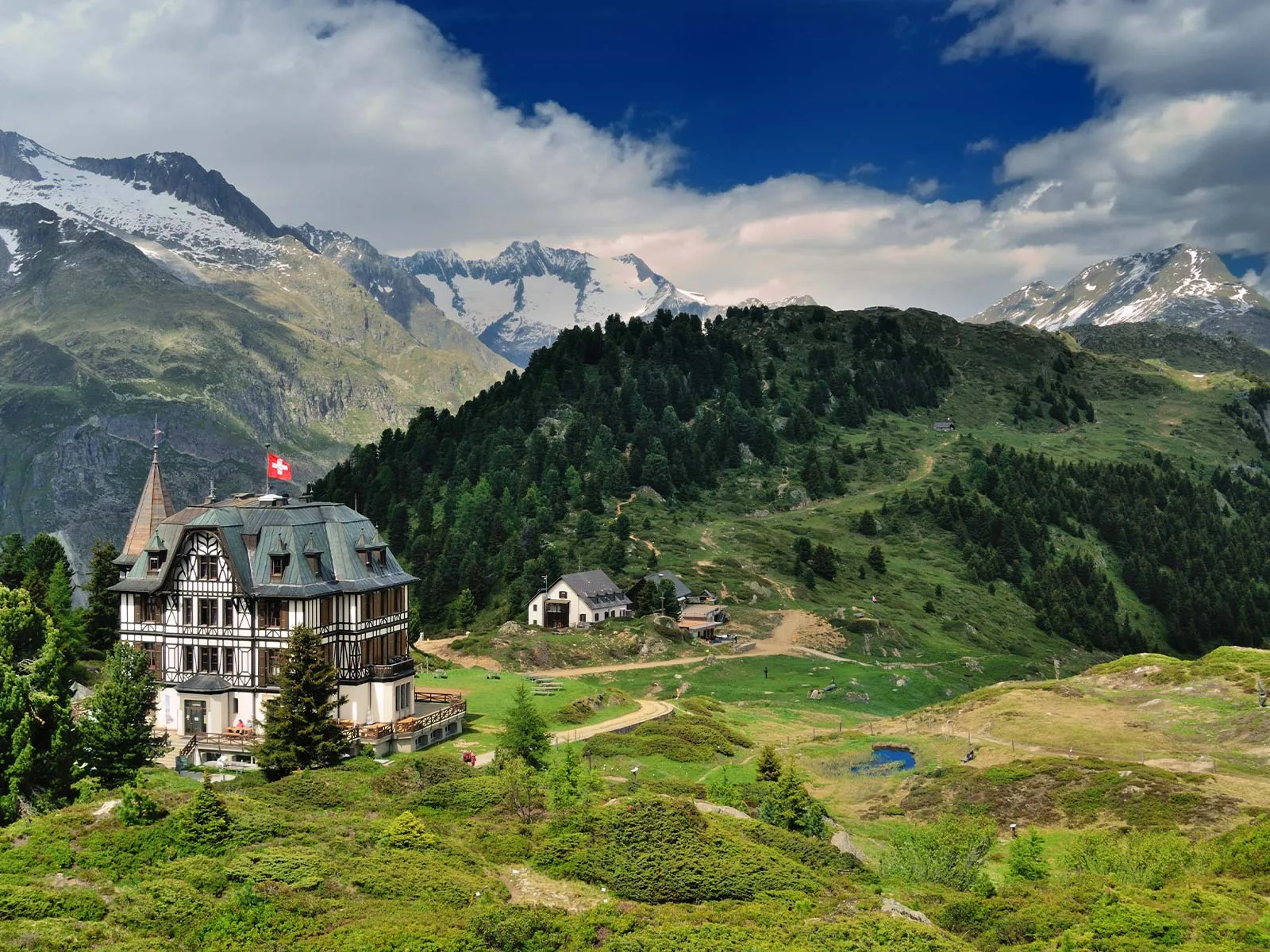
Beautiful living in the Valais
If you’re on the Riederfurka, you can’t miss the Villa Cassel. Visible from far and wide, the distinctive structure dates from 1902 and was once the holiday home of an ill and overworked Englishman.
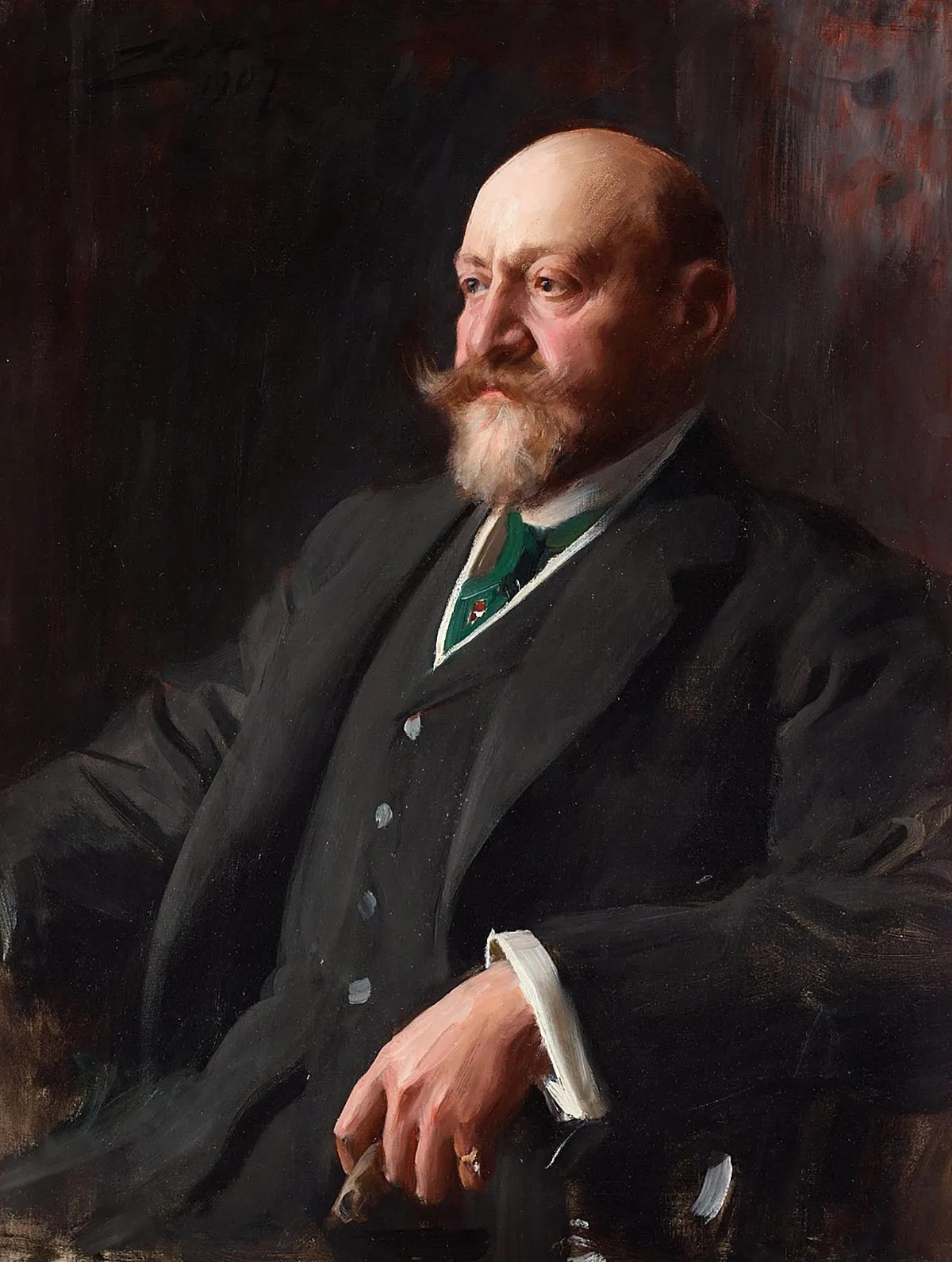
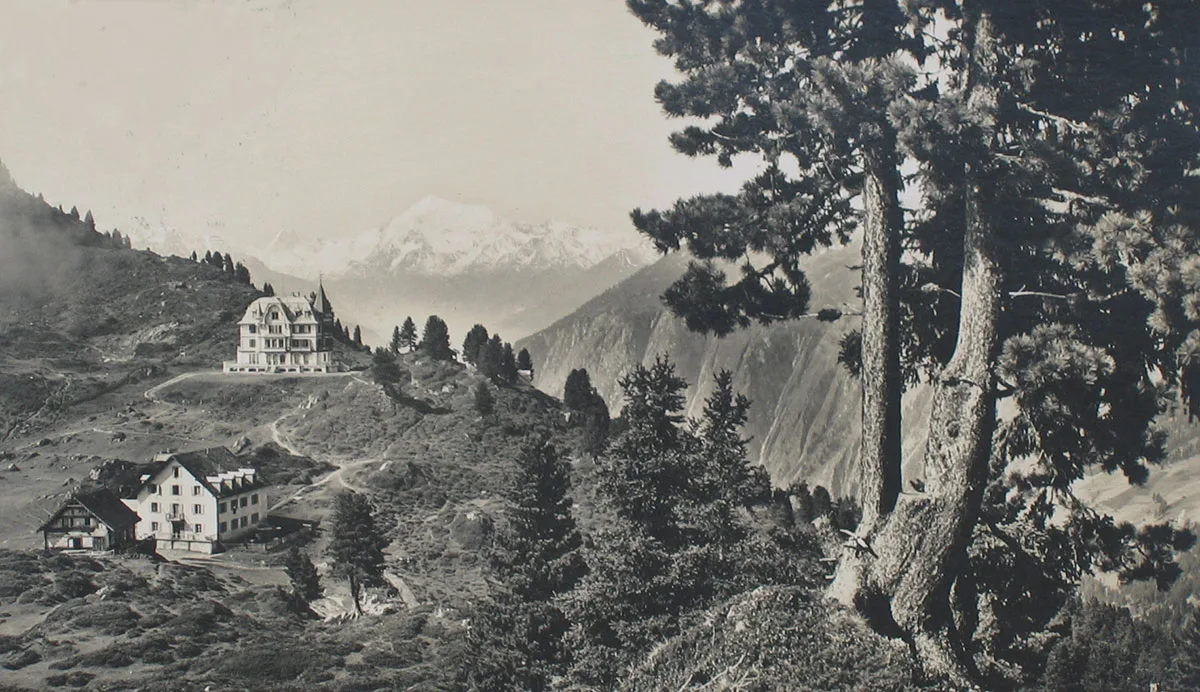


A glimpse inside the opulent Villa Cassel. Katrin Brunner and Pro Natura Aletsch Centre
